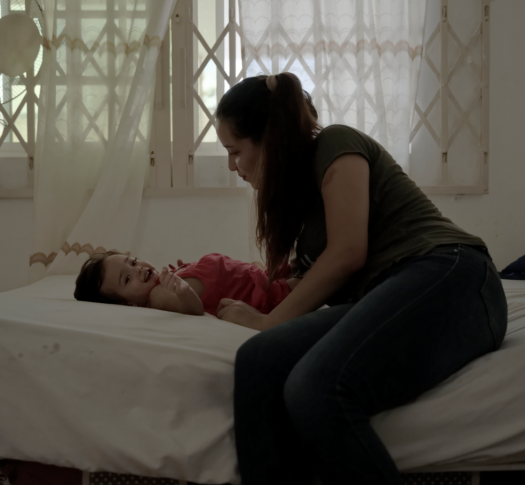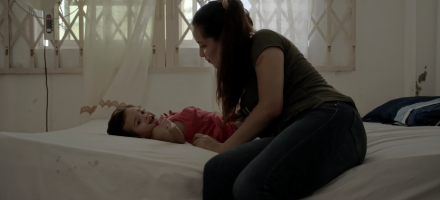
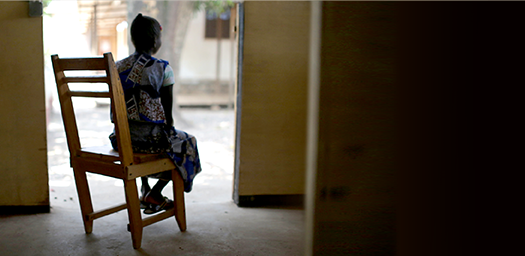
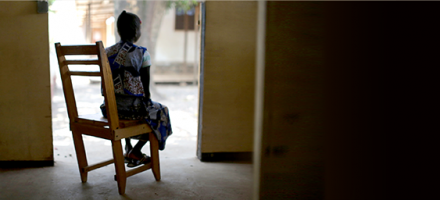
In Mathare, Kenya, a shantytown southeast of Nairobi home to over 85,000 people, Médecins Sans Frontières works to treat victims of violence, including sexual violence. Here, MSF has opened a specialised clinic for survivors of sexual and gender-based violence, where the teams treat victims of sexual assault and rape. People who go to the MSF clinic first meet with psychological staff so they can tell their stories. If the attack involved physical harm, survivors are also treated medically. They are given a medical exam, contraception, PEP treatment to reduce the risk of HIV/AIDS transmission, and vaccinations against tetanus and hepatitis B. Later on, the women can access free pregnancy tests, abortions and pregnancy check-ups. MSF teams have forged ties with local partners, particularly the police, to facilitate reporting the crime and to support victims. A hotline and an ambulance are in place to direct victims to the clinic as quickly as possible. MSF staff also provide legal assistance to victims of rape and sexual assault. During the consultation, a medical certificate is issued as evidence to file a complaint, and MSF teams volunteer to testify in a trial.
© Charmaine Chitate
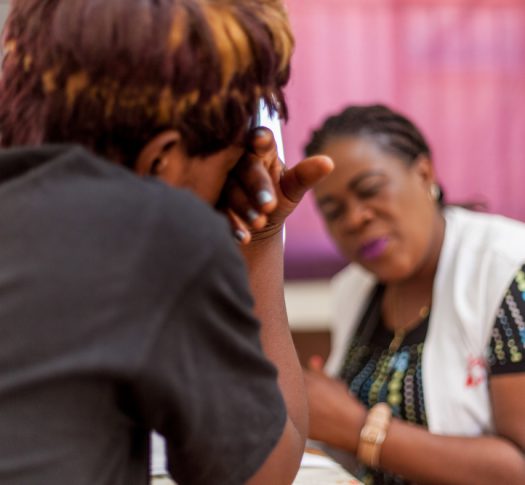
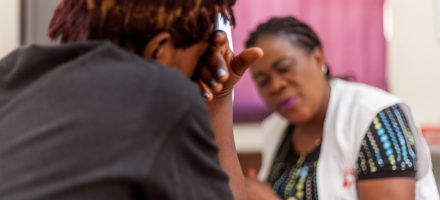
In cases of abuse in France, young victims can be referred to Red Cross child protection facilities. Most of these girls exhibit significant interpersonal instability as they have experienced complicated and chaotic lives, which has a direct impact on their psycho-emotional development. This may include physical, psychological and sexual violence, neglect, exposure to domestic violence, conflicts in their home countries in the case of foreign minors, persecution, turbulent parent-child relationships, exploitation or human trafficking. This project aims to provide them with educational support in order to reestablish social bonds.
The actions proposed aim to calm and reassure the young people, listen to them, reduce tension and the risk of acting out, and work on managing emotions to encourage them to talk or express themselves in other ways. Your donations will enable them to access the services of counsellors, psychologists, non-violent communication workshops and therapeutic activities such as horse therapy, art therapy and music therapy. Donations will also help train professionals on the violence suffered by migrants.
© G.BINET
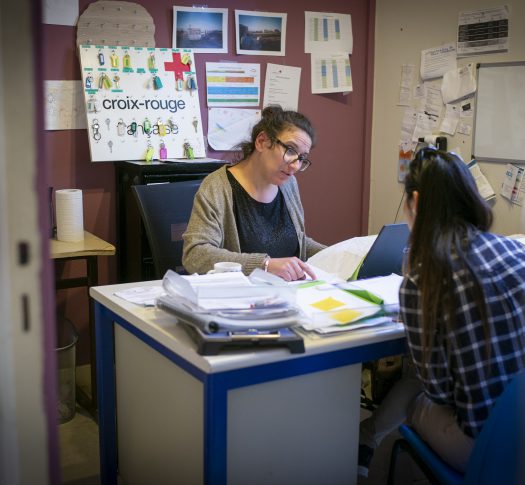
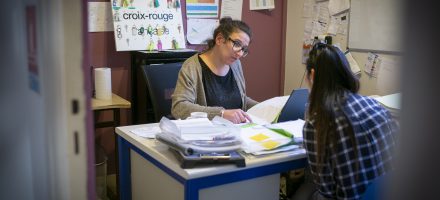
The situation in Venezuela is now the second biggest migration crisis after Syria: 5.6 million Venezuelans are refugees outside the country (in Colombia, Ecuador, Peru, Brazil and Chile). Since the borders are closed, migrants cross countries via unofficial routes and are exposed to violence and human trafficking. Lack of access to essential sexual and reproductive health services particularly increases the vulnerability of women who flee their country (including early and unwanted pregnancies of 10-14 year olds, sexually transmitted diseases, unsafe abortions, domestic violence and maternal morbidity).
This project aims to provide them with urgent medical assistance, particularly in sexual and reproductive health, as well as access to basic services, while respecting their well-being and dignity (such as menstrual hygiene kits, kits for pregnant and breastfeeding women, medical consultations, contraceptives, etc.). The programme also aims to protect people at risk of gender-based violence (women, teens, LGBTQ+ community).
© CARE
